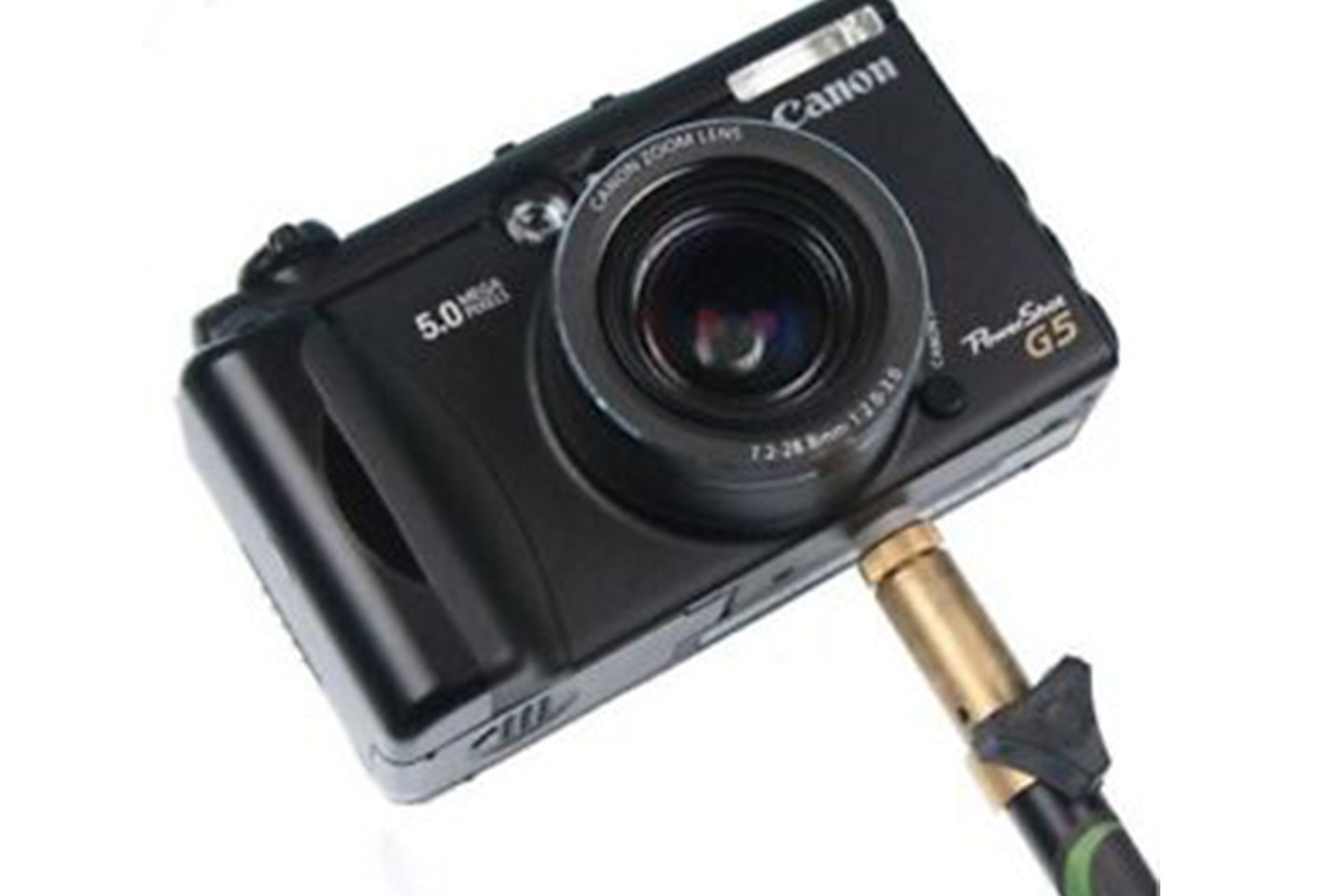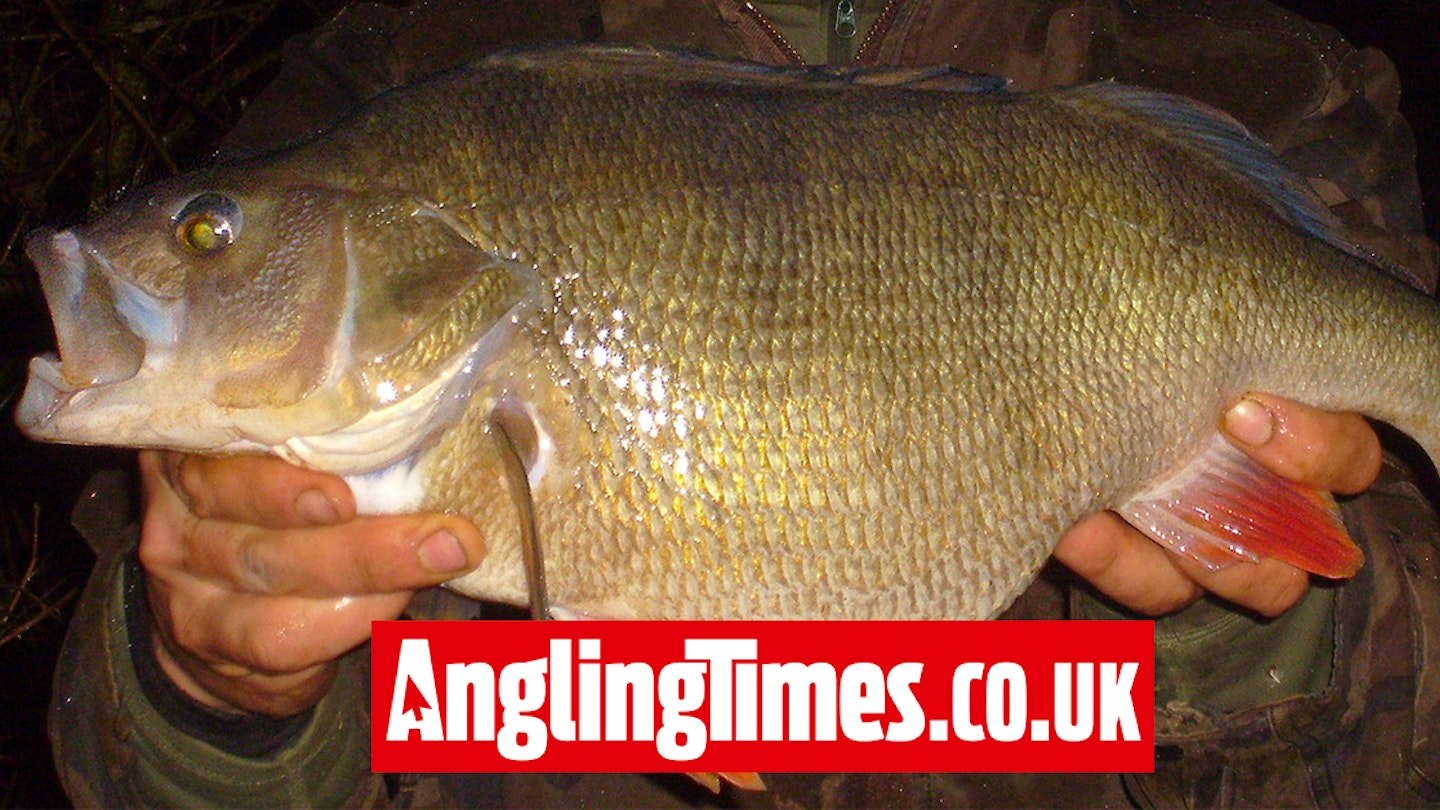Catching a British record sized fish is a rare occurrence and an event that is unlikely to happen to most of us during our in our fishing careers, that doesn't mean we shouldn't be prepared for it though. After all, that's what we all aspire to every time we go fishing, right?
With that in mind, here's 5 things you need to do if you catch a British record fish...
YOU WILL NEED THE BEST TACKLE TO LAND A RECORD FISH. CHECK OUT OUR GUIDES TO THE BEST RODS, REELS, LINES, POLES AND MORE.

Let the right places know...
Contact the Angling Times by calling 01733 395111 to report the catch. We might even be able to come out and photograph it for you! Also, call the British Record Fish Committee Secretary on 01568 620447.
You need witnesses
Have at least two witnesses on hand to observe the weighing of the fish. They will be required to sign forms supporting the claim.
Get that once in a lifetime shot
Take good-quality photographs. They should include shots of the angler holding the fish normally, and also the fish lying on the ground on, or next to, an identifiable object.
Keep in mind fish safety in this process and try to have everything ready beforehand to minimise the time a fish is out of the water. Using a decent sized landing net capable of resting the fish in is advised whilst you get the other essentials sorted.

Put it on the scales
Use scales appropriate to the size of fish. Small fish should be weighed on finely-graduated scales showing ounces, drams and grams. If the fish weighs less than 1lb the claimed weight must be submitted in grams. The weight must also be verified by two independent witnesses, and a Weights and Measures Certificate must be produced, verifying the accuracy of the scales.
Hybrid thinking
In some species, including crucians, roach, rudd and dace, hybridisation can occur. Make sure to take pictures showing the full lateral line of the fish, as well as fins and its face. In some cases, it can be worth taking a scale sample, however, don't do this if not comfortable or you believe it will put the fish at risk. You can ask advice from the BRFC on this process whilst the fish is safely retained.
This page is a free example of the amazing content Angling Times Members get every single week. Becoming an Angling Times Member gives you access to award-winning magazine content, member rewards, our back issue archives, bonus content and more! Join our fishing community and find out more today!
